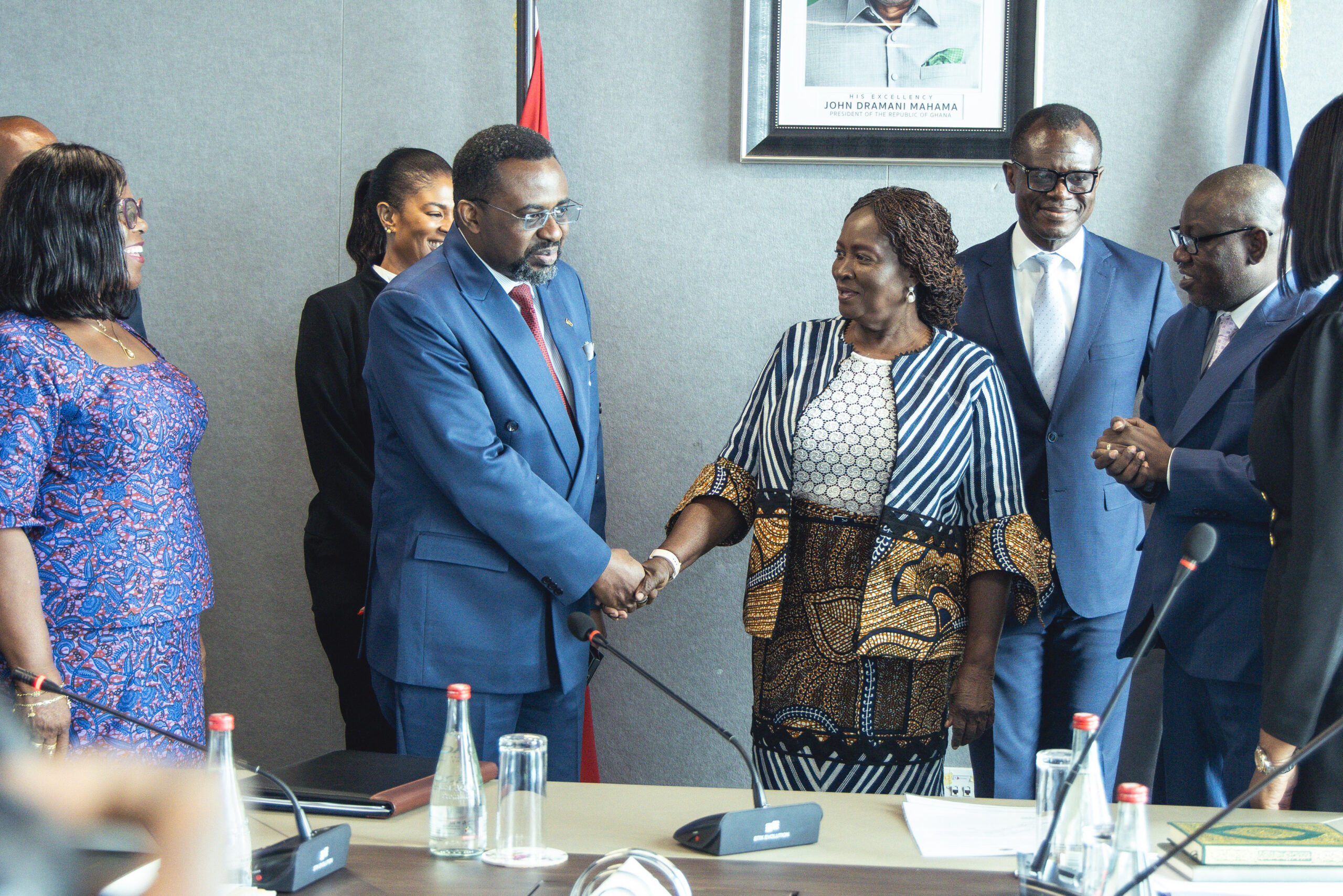The Finance Minister is not buying more T-bills as others stupendously bought at very high rates, and he is distorting the market to artificially achieve a lower inflation rate.
Interest rates on T-bills are lower, and that too is a problem. The finance minister is trying hard to pay up the humongous debt the last government left behind, debt it never paid because it suspended debt payments from 2022 until this year 2025 because of the wicked DDEP it introduced. What were they expecting the finance minister to use in paying the 721bn debt they left behind? His toe nails or hair he doesn’t have on his head? What type of economic reasoning is this?
The minister has removed major taxes imposed by the last government, and that means people have more disposable income. Utility prices such as electricity and fuel could swing automatically every quarter are mostly a function of exchange rate and inflation. It was the last government that introduced the quarterly adjustment in utility prices as part of the IMF program.
The finance minister is trying hard to reduce inflation while not piling up more debt- To expect him to reduce unemployment and reduce all prices within two months is to assume that we were living and swimming in milk and honey under the last government.
The Finance Minister has borrowed 70bn in 2 months to pay your odious 721bn debt. You had access to International capital markets for 6 and a half years which you flocked to at will and bellowed it on fake projects without thinking of the impact on the economy. The finance minister has no access to International markets thanks to your bad economic behaviour. He has access to only the domestic market and you want him to conjure money from the Atiwa forest?
Perhaps only one person should have spoken at the press conference. Mohammed Amin Adam
But please the spokespersons should take their time and study the budget well. There are many loopholes in it the budget that could have been discussed. These ones you focused on were poorly done.
Finally, I will urge the main opposition party, especially those “mighty few” representatives in Parliament, to be more strategic and coherent in offering alternative visions of a future government that learned from their many missteps. They must keep it simple, truthful, and participatory.






































